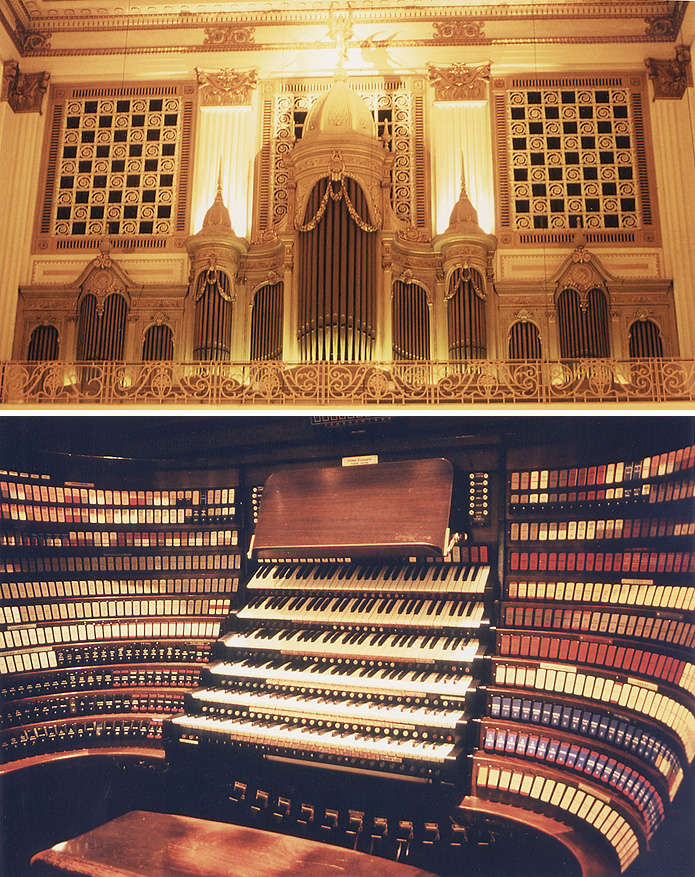thou hast made me, and shall thy worke decay?
repaire me now, for now mine end doth haste,
i runne to death, and death meets me as fast,
and all my pleasures are like yesterday;
i dare not move my dimme eyes any way,
despaire behind, and death before doth cast
such terrour, and my feeble flesh doth waste
by sinne in it, which it t'wards hell doth weigh;
onely thou art above, and when towards thee
by thy leave i can looke, i rise againe;
but our old subtle foe so tempteth me,
that not one houre my selfe i can sustaine;
thy grace may wing me to prevent his art,
and thou like adamant draw mine iron heart.
as due by many titles i resign
my self to thee, o god; first i was made
by thee, and for thee, and when i was decayed
thy blood bought that, the which before was thine;
i am thy son, made with thy self to shine,
they servant, whose pains thou hast still repaid,
thy sheep, thine image, and, till i betrayed
my self, a temple of thy spirit divine;
why doth the devil then usurp on me?
why doth he steal, nay ravish taht's thy right?
except thou rise and for thine own work fight,
oh i shall soon despair, when i do see
that thou lov'st mankind well, yet wilt not choose me,
and satan hates me, yet is loth to lose me.
batter my heart, three person'd god; for, you
as yet but knocke, breathe, shine, and seeke to mend;
that i may rise, and stand, o'erthrow mee, 'and bend
you force, to breake, blowe, burn and make me new.
i, like an usurpt towne, to'another due,
labour to'admit you, but oh, to no end,
reason your viceroy in mee, mee should defend,
but is captiv'd, and proves weake or untrue.
yet dearely'i love you,'and would be loved faine,
but am betroth'd unto your enemie:
divorce mee,'untie, or breake that knot againe;
thake mee to you, imprison mee, for i
except you'enthrall mee, never shall be free,
nor ever chast, except you ravish mee.
at the round earth imagin'd corners, blow
your trumpets, angells, and arise, arise
from death, you numberlesse infinities
of soules, and to your scattred bodies goe,
all whom the flood did, and fire shall o'erthrow,
all whom warre, dearth, age, agues, tyrannies,
despaire, law, chance, hath slaine, and you whose eyes,
shall behold god, and never tast deaths woe.
but let them sleepe, lord, and mee mourne a space,
for, if above all these, my sinnes abound,
'tis late to aske abundance of thy grace,
when wee are there; here on this lowly ground,
teach mee how to repent; for that's as good
as if thou'hadst sel'd my pardon, with thy blood.



